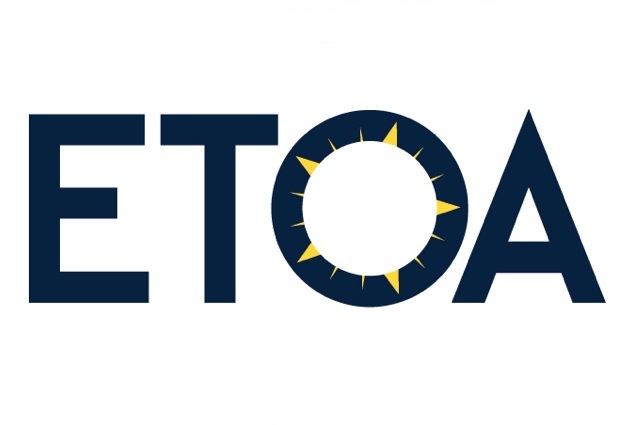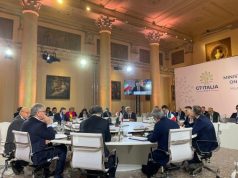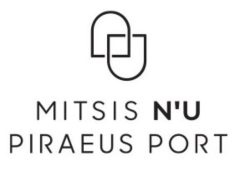Tom Jenkins, CEO, ETOA, the European tourism association gave evidence to EU Internal Market Sub-Committee in the Houses of Parliament.
He said that Brexit is already harming the inbound travel industry and that unless carefully handled, it will further damage productivity. ETOA is asking for assurances that hiring non-UK EU workers remains free from bureaucratic burdens.
He said: “The inbound industry is crucial to the UK’s success as it is responsible for earning foreign currency, but it is experiencing a recruitment crisis. The industry needs to hire poly-lingual graduates. This is a group of people the UK is not good at producing but the other EU countries are. Before the Brexit vote, the UK was seen as the place for young graduates to go but since then, the atmosphere has soured and owing to the fall in the value of Sterling, pay has dropped. What people don’t appreciate is that if you want to set up an English-speaking office, you don’t need to do it in the UK anymore; there are excellent multi-lingual companies all over the EU and the cream of EU graduates will join them instead, to the detriment of UK-based companies. We are starting to see the start of a borderless market in Europe for travel; it will be the largest market for travel in the world and it appears the UK will be left out of it.”
Tom Jenkins, CEO, ETOA
ETOA recently conducted a survey of all the major inbound tour operators and their suppliers, to establish the impact of any restriction on the employment of non-UK EU nationals among those based in the UK.
Over 100 companies, collectively employing more than 35,000 people completed the questionnaire. One third of their employees would be classified as “non-UK EU nationals”. 80% of the companies said it would be “difficult to impossible” to replace these workers with UK nationals.
As nearly all jobs are currently filled by EU nationals, it is hardly surprising that only 16% of the companies have used the “Tier 2 visa mechanism” which is required to recruit workers from outside the EU. Of those that have, 85% found the process “difficult to impossible”. If this system were to be extended to EU workers, (a possible option post-Brexit), then nearly 80% of companies predicted a substantial detrimental impact on productivity.
Language skills are particularly important if you are buying from or selling to people in Continental Europe. ETOA members, broadly, need to recruit multi-lingual graduates who are happy to work in the UK. They may only represent 30% of their workforce, but the jobs of the remaining 70% are dependent on them.
Not only are the skills of non-UK EU workers difficult to obtain within the UK, but these workers have proved that they are willing to travel long distances to work, and they are prepared to adapt. This manifest motivation and flexibility mean that non-UK EU nationals make up the most productive part of the workforce. It is hardly surprising that any curtailment of the supply of these people will be detrimental, particularly to productivity.
“It is particularly unhelpful, said Tom Jenkins, CEO of ETOA, that the definition of “skills”, for the purposes of immigration, does not include languages. The strongest part of our economy is services: inbound tourism is a vital export. You must deliver excellence in the language of the customer if overseas money is to be spent in the UK. Foreign workers are a vital component in our product and our productivity.”
Tom Jenkins concluded: “People are the most important asset of any organisation. We must not reduce the available talent pool from 500 million to 60 million, particularly when non-UK EU workers have skills that cannot be replicated domestically. Introducing TIER 2 controls on these people will involve a huge increase in expense and bureaucracy. Post Brexit, we need the government to implement a new tourism employment strategy that will enable the industry to hire non-UK EU nationals almost as easily as it can at present. That strategy, to prevent an increase in red tape, has already been drawn up by the industry. It is on the table. We need the government to adopt it.”












